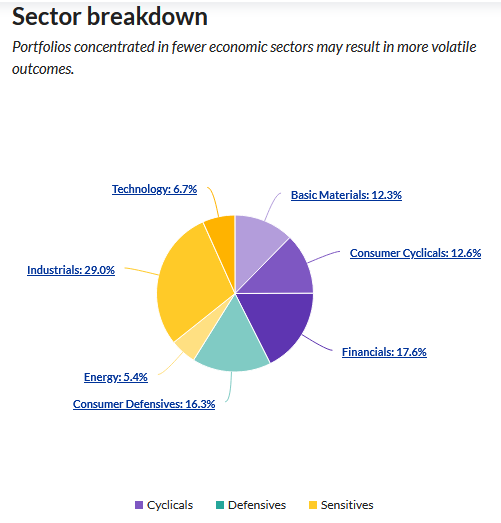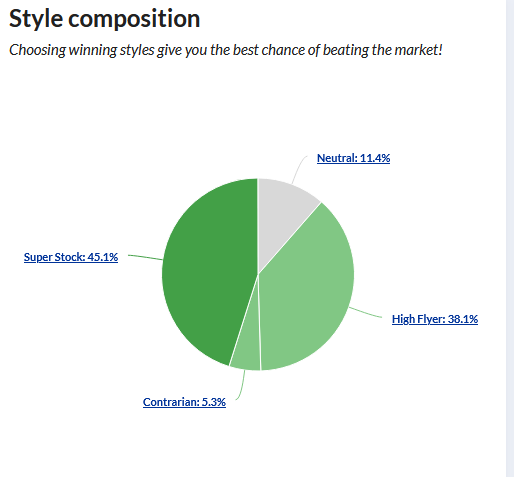What a difference a year makes. When I reviewed the portfolio’s annual performance 12 months ago, I was pleased to still be above water in the aftermath of March’s crash.
Since then, the SIF folio has had a strong year. The portfolio has gained 36%, hitting new highs and outperforming the market by 11%. This takes the portfolio’s gains over the five years since its inception in April 2016 to 56%, versus 15% for the FTSE All-Share index.
Naturally I’m pleased to have beaten the market by a material margin over half a decade. But despite this profitable performance, I’m less comfortable with the SIF strategy than I was one year ago.
In this annual review I’ll try to explain why I’m having misgivings. I’ll also look at some potential solutions.
However, I’ll start by taking a look at the portfolio’s performance over the last year. Gains have been generated by some of the biggest winners SIF has ever seen, but there have also been a few nasty losses.
SIF performance 2020/21
This may seem slightly odd timing for an annual review. The reason for this is that the SIF folio was launched on 19 April 2016. So my annual reviews tend to follow this date each year. This review covers the portfolio’s performance from 19 April 2020 to 16 April 2021.
For newer subscribers, the SIF (Stock in Focus) folio is a virtual portfolio I run here at Stockopedia. I use a set of screening rules to select stocks for the portfolio and to dictate when they should be sold.
You can find a comprehensive overview of how I run the portfolio in this piece and see the latest version of my SIF buying screen here. Finally, you can learn more about how I sell stocks here.
Moving on, here’s a summary of SIF’s performance over the last year and since inception.
% Price return | 19 April 2020 - 16 April 2021 | 19 April 2016 - 16 April 2021 | |
Cumulative | Annualised | ||
SIF folio | 36.1% | 55.5% | 9.2% |
FTSE All-Share | 25.6% | 14.9% | 2.8% |
Dividends: SIF doesn’t formally track dividends, but I maintain a duplicate record of the portfolio which does track income. Dividends did not add a meaningful amount to the portfolio’s returns in 2020/21, but they have done over the longer period since inception:















